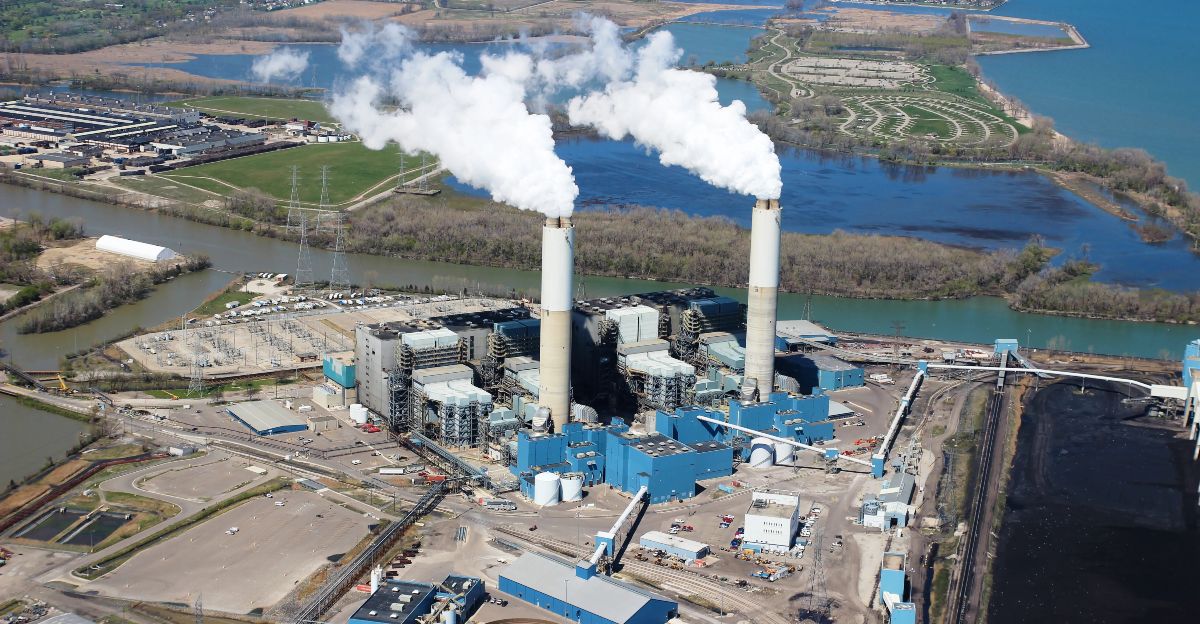
On May 23, 2025, Energy Secretary Chris Wright issued an emergency order requiring Michigan’s J.H. Campbell coal plant to remain operational through late August, overriding its scheduled retirement. This directive aims to prevent potential electricity shortages in the Midwest during peak summer demand, citing concerns over the availability of coal, gas, and nuclear power plants capable of providing stable baseload electricity.
The plant’s closure was part of Michigan’s long-term clean energy transition plan targeting 100% clean energy by 2040. The order has sparked controversy, pitting energy security advocates against environmental groups who argue the move undermines climate goals and public health protections. This clash highlights the ongoing national debate on balancing immediate energy reliability with ecological sustainability.
History and Role of the J.H. Campbell Coal Plant
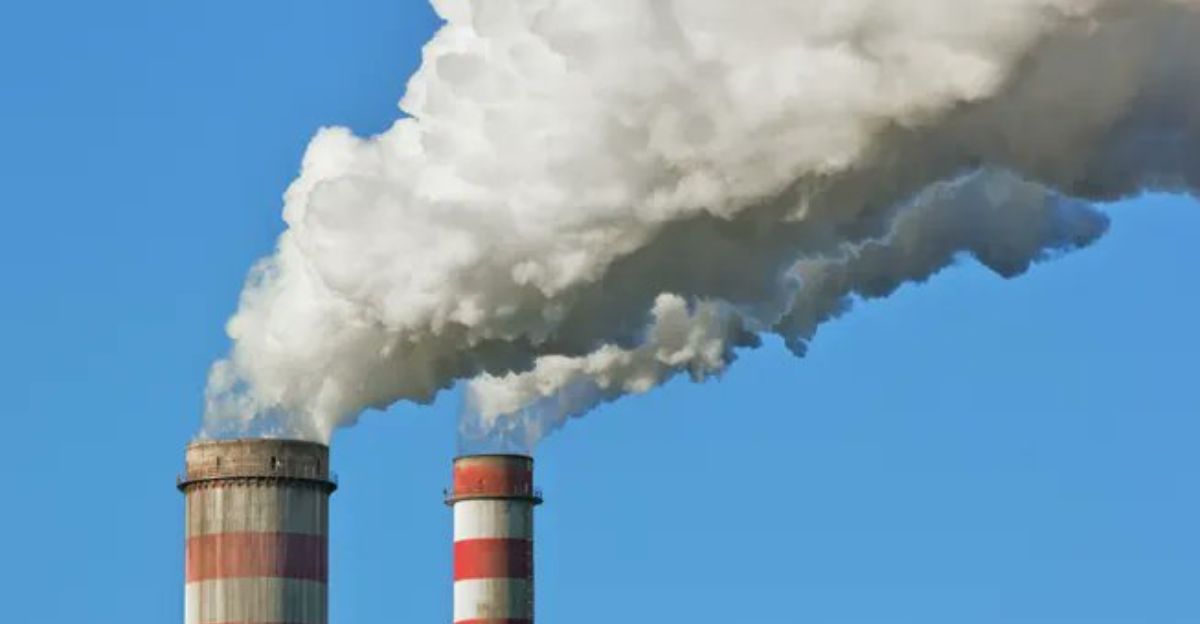
The J.H. Campbell coal plant, established in the 1960s, is one of Michigan’s largest coal-fired power stations, providing significant baseload power to the region. Its planned closure was aligned with Michigan’s commitment to transition to 100% clean energy by 2040, aiming to reduce greenhouse gas emissions and pollution.
While the plant has been a critical energy source, it also contributes substantially to air pollution and carbon emissions, with environmental groups linking it to thousands of asthma attacks and dozens of premature deaths annually. The plant’s retirement was considered a key step in Michigan’s clean energy strategy before the emergency order reversed that timeline.
Details of the Trump Administration’s Emergency Directive
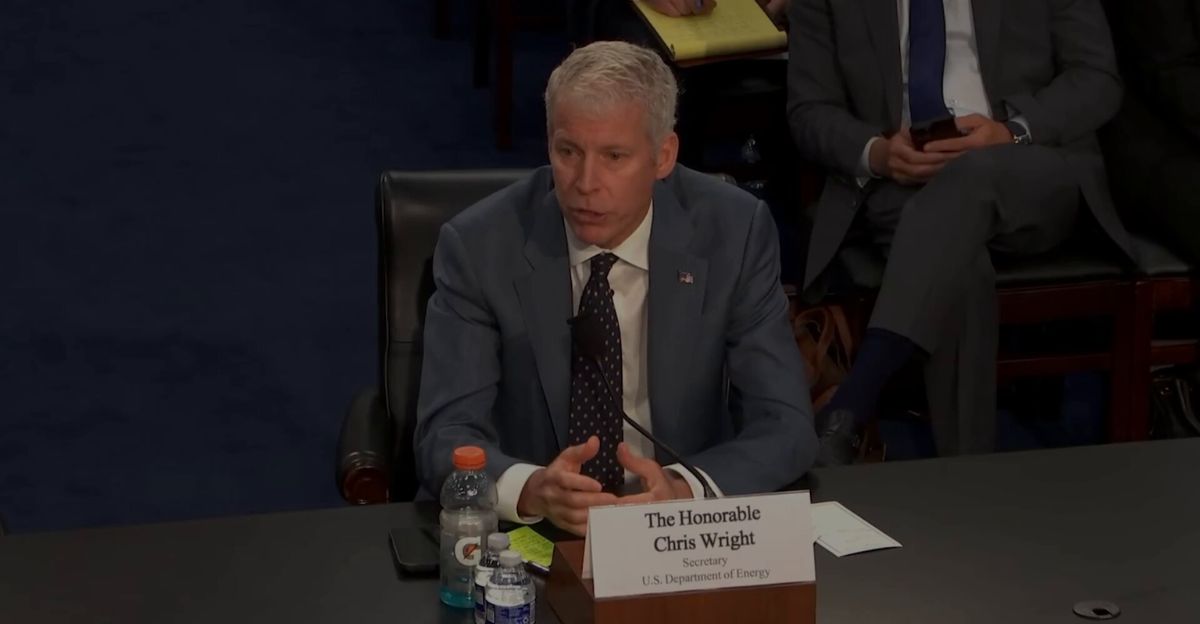
The emergency order issued by Energy Secretary Chris Wright mandates Consumers Energy to keep the J.H. Campbell coal plant running until at least August 21, 2025. The rationale is to mitigate potential electricity shortages in the Midwest during the summer when demand spikes.
The Department of Energy cited concerns over a shortage of reliable baseload power from coal, gas, and nuclear plants, prioritizing grid stability. This federal directive was unexpected, coming just days before the plant’s planned shutdown, and was issued under Section 202(c) of the Federal Power Act amid a declared national energy emergency.
Surprise and Opposition from State Authorities
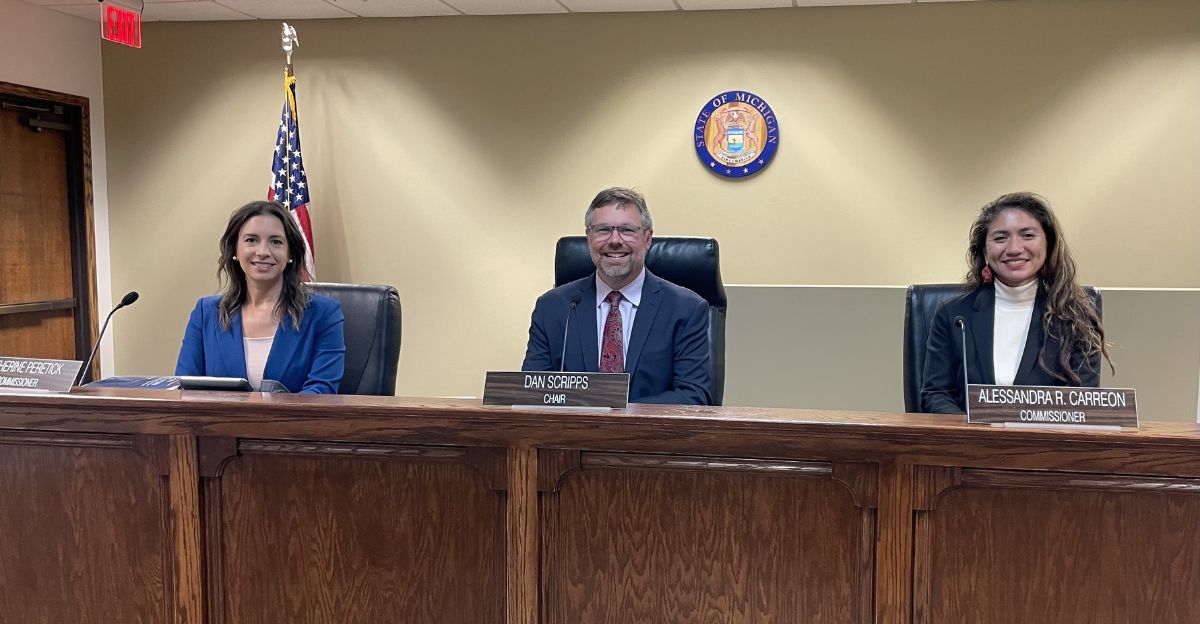
Michigan state officials, including the Public Service Commission chair Dan Scripps, expressed surprise and opposition to the federal order, noting there was no prior consultation with state regulators or the utility. Consumers Energy had planned to replace the coal plant with a natural gas facility already secured for operation, aligning with the state’s clean energy goals.
State authorities argue the order contradicts approved retirement plans and undermines Michigan’s commitment to reducing emissions. The lack of coordination has fueled tensions between federal and state energy policy approaches.
Environmental and Public Health Concerns

Environmental organizations and Michigan’s Attorney General Dana Nessel have filed legal challenges against the emergency order, arguing it lacks a genuine energy crisis justification and represents federal overreach. The plant’s pollution is linked to approximately 44 premature deaths and over 9 million tons of carbon emissions annually, raising serious public health concerns.
Critics describe the emergency declaration as a “manufactured crisis” aimed at propping up coal at the expense of cleaner energy alternatives. The legal challenges seek to reverse the order and uphold Michigan’s clean energy transition.
Financial Impact on Energy Customers Across 15 States
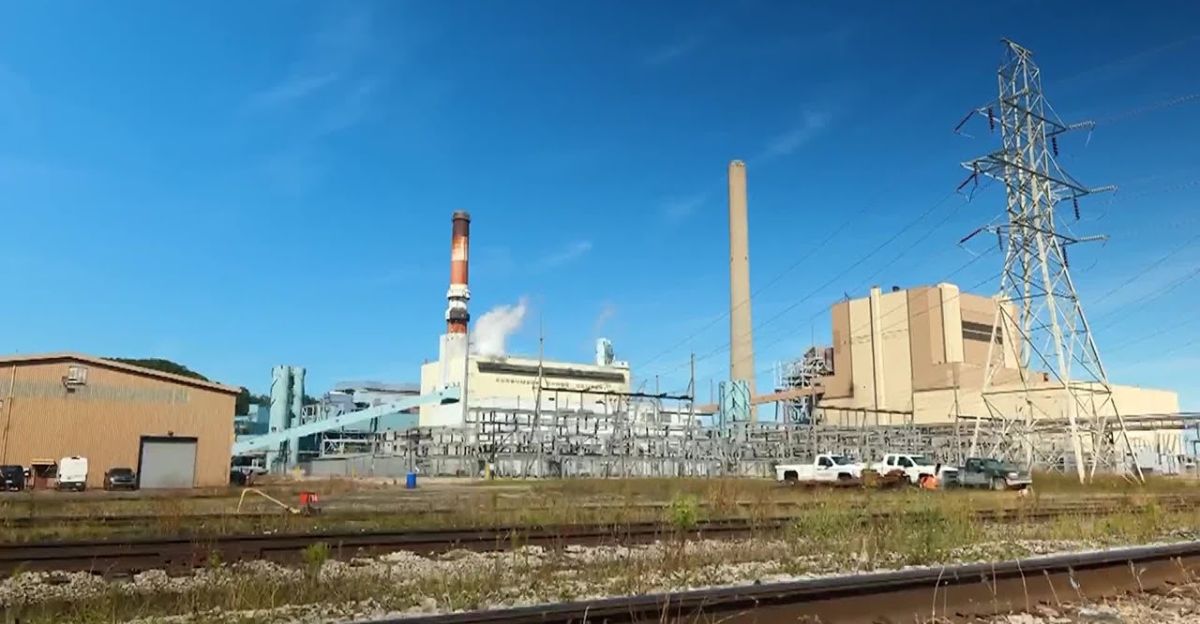
Keeping the aging J.H. Campbell plant operational through the summer is expected to cost tens of millions of dollars, potentially reaching $100 million, expenses that will be passed on to consumers in Michigan and 14 other states served by the regional grid.
Consumers Energy had projected $600 million in savings through 2040 by retiring the coal plant and transitioning to cleaner energy sources. The emergency order disrupts these financial plans, raising concerns about increased energy bills and economic burdens on ratepayers.
Grid Reliability and Energy Security Debate

The federal order was based on regional grid assessments warning of possible electricity shortfalls during the summer months. The Midcontinent Independent System Operator (MISO), responsible for electricity distribution across 15 states and parts of Canada, indicated generally sufficient supply but acknowledged risks during extreme weather.
Some experts and environmental advocates argue the emergency order was unnecessary and a “manufactured crisis,” questioning the validity of the grid shortage claims. The debate underscores the tension between ensuring short-term grid reliability and advancing long-term clean energy goals.
Trump Administration’s Coal Support and Regulatory Rollbacks
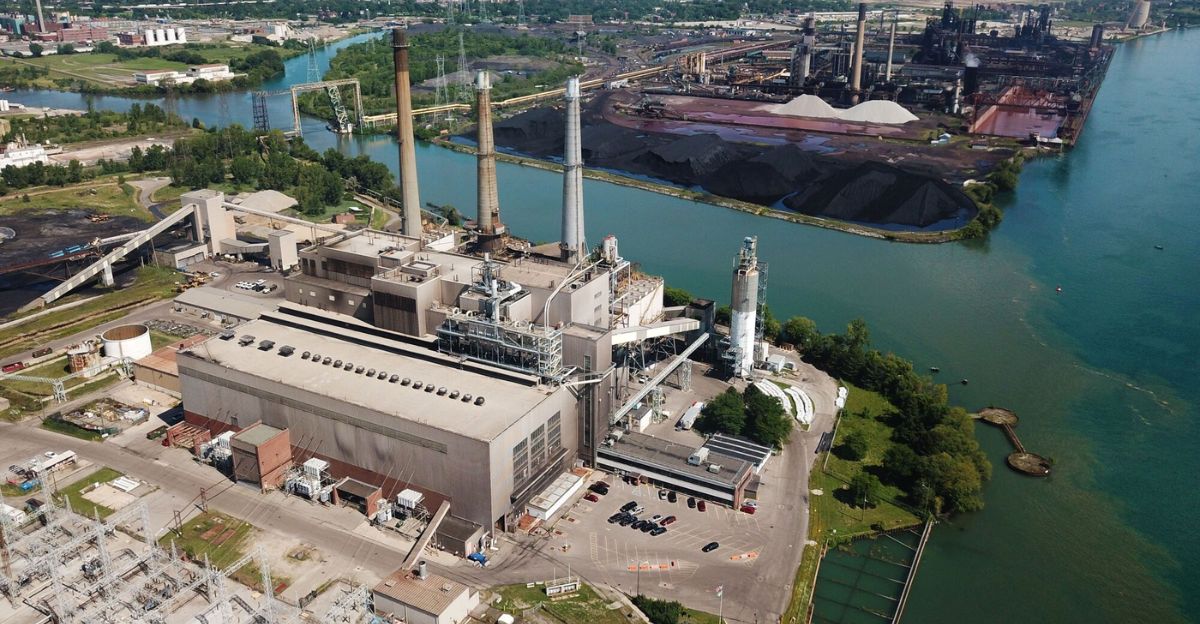
The emergency order aligns with broader Trump-era policies to support coal through regulatory rollbacks and repeal climate protections. Environmental groups warn that this sets a dangerous precedent for prolonging coal plant operations despite their ecological and health costs.
Similar challenges loom for other coal plants in Michigan, such as DTE’s Monroe facility, as the administration seeks to bolster coal’s role in the energy mix. This approach contrasts sharply with state-level clean energy mandates and global climate commitments.
Unexpected Intersections and Industry Impact
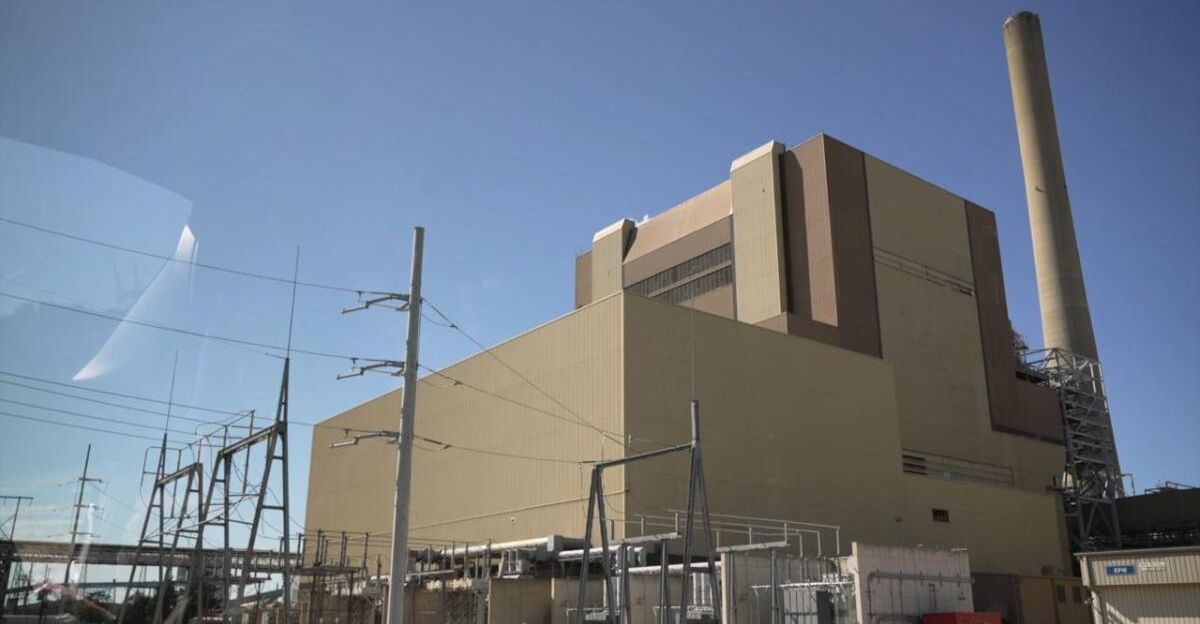
Intersection with Energy Markets and Clean Energy Transition
The decision to keep the J.H. Campbell plant running affects energy market dynamics by delaying investments in renewable energy and natural gas infrastructure. It illustrates the conflict between addressing immediate grid reliability concerns and maintaining momentum toward climate goals.
The order also raises questions about the balance of federal versus state authority in energy policy as states like Michigan push for clean energy. In contrast, federal actions extend fossil fuel reliance. This tension exemplifies the broader national struggle over energy futures.
What Lies Ahead for Michigan’s Energy Future?
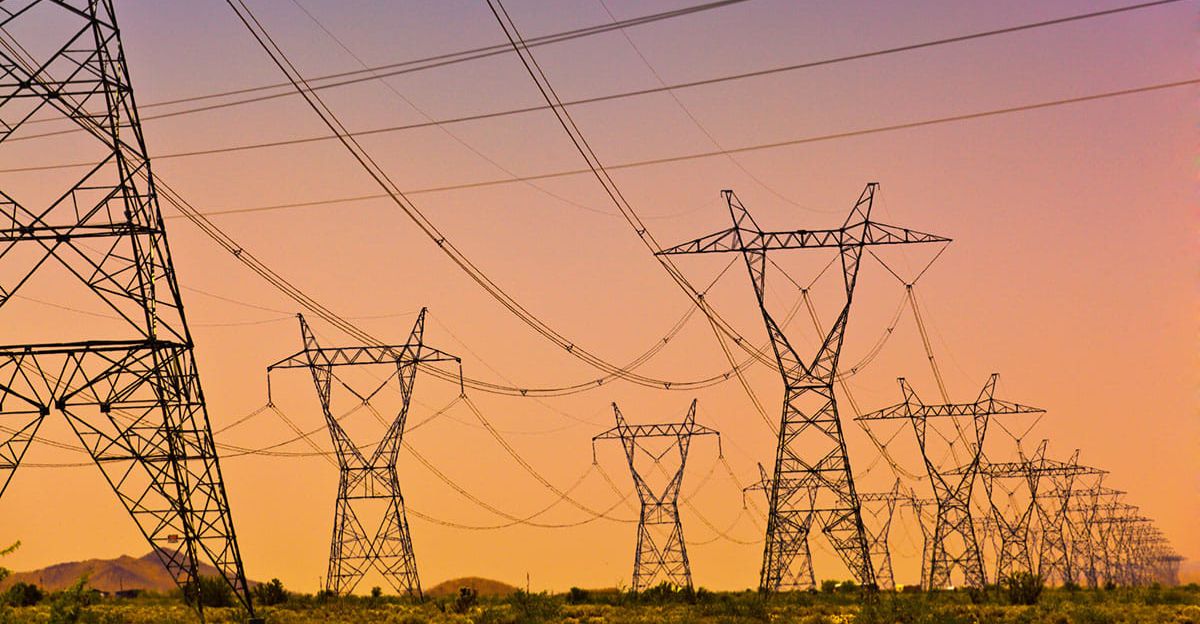
Environmental groups and Michigan’s attorney general’s ongoing legal challenges may determine the fate of the emergency order and set limits on federal emergency powers in energy policy.
Despite this setback, Michigan remains committed to achieving 100% clean energy by 2040, continuing its transition away from coal and fossil fuels. The J.H. Campbell case highlights the complex balancing act between ensuring energy security, protecting public health, and managing economic costs amid a rapidly evolving energy landscape.







